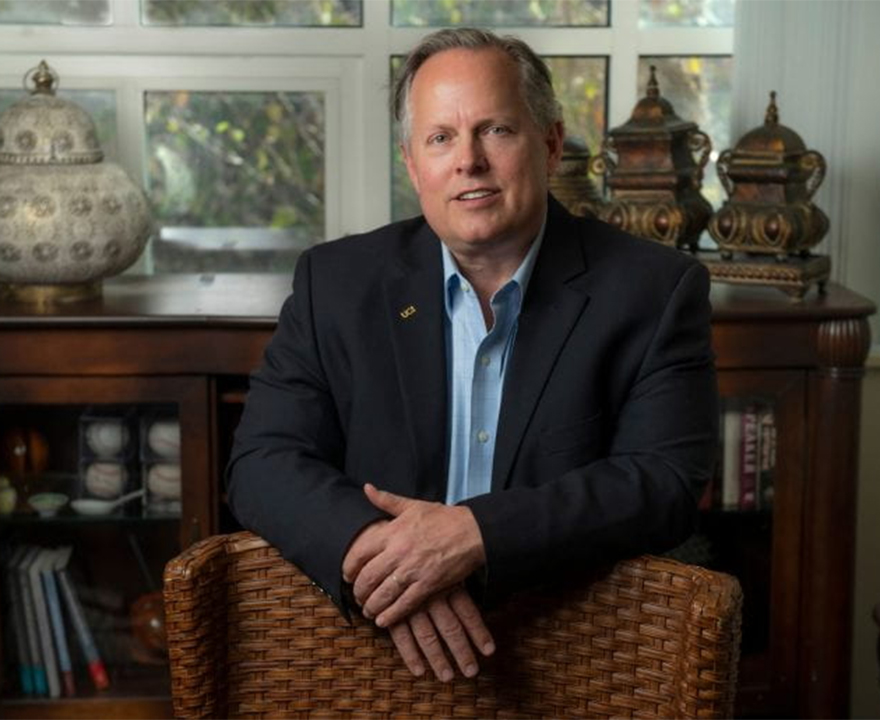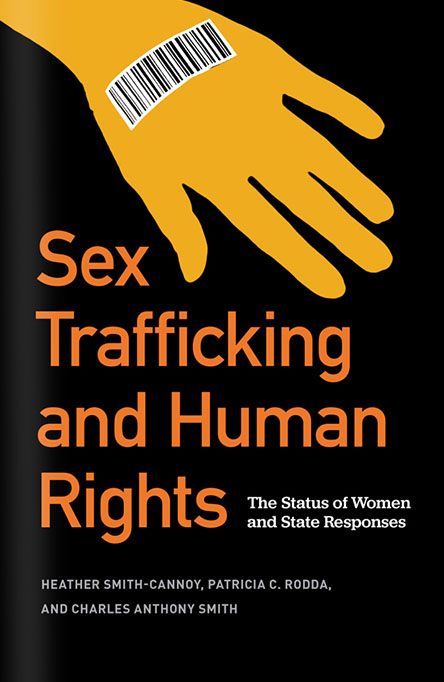Sex Trafficking and Human Rights: The Status of Women and State Responses

Sex Trafficking and Human Rights: The Status of Women and State Responses
- January 2, 2023
- Book coauthored by UCI political science professor Charles Anthony Smith centers women’s rights as critical piece in policy solutions aimed at combatting global issue
-----

In their new book, Sex Trafficking and Human Rights: The Status of Women and State Responses (Georgetown University Press), Charles Anthony Smith, UCI professor of political science and law, and coauthors draw a critical link between women’s rights and nation state responses to human trafficking. Through case studies on five countries with significant human trafficking problems, the authors highlight key factors that make women and girls more susceptible targets and why equal rights must be part of the solution. Below, Smith expands on these issues alongside recommendations for national policymakers.
Your book spotlights an alarming, but common, theme in effectiveness of state response to combatting sex trafficking, and that is the degree to which women and girls are perceived as, and actually are, full citizens. Elaborate on what this means among the nations you studied.
That’s a great question! What it means is there is a direct relationship between social, political, cultural, and economic equality for women and how effectively states respond to human trafficking. Where women and girls are treated as second class citizens, the states tend to criminalize the actions of those enmeshed in human trafficking, including those who are actually trafficked. In those places where women come closer to social, political, cultural, and economic equality, the women and girls victimized by sex trafficking are thought of as a vulnerable group in need of assistance rather than just criminals.
You focus particularly on cases of human trafficking in India, Thailand, Russia, Nigeria, and Brazil. Why these countries, and what commonalities and differences did you find? How do they compare to laws and rights within the U.S.?
We looked at these countries because they all have significant human trafficking problems and are source countries for those trafficked across national lines. Our generalizable finding is that greater equality leads to more effective state responses. Like the countries we examine, the U.S. has a multi-scalar legal system. That is, national, state, and local laws intertwine to create the continuum of response to sex trafficking. At the state level, we do see variation that maps along the equality arc we discuss in the book.
What factors did you discover that make some women and girls more susceptible to traffickers than others?
Poverty, lack of educational and economic opportunity, and a general societal de-valuation are the common threads.
What recommendations do you have for policymakers as they work to combat human trafficking globally?
First, they should take the crimes surrounding sex trafficking seriously. Because the process targets the disenfranchised to begin with, the criminal enterprise never garners the level of policy-maker intensity that crimes that impact their constituents might. Second, passing other policy initiatives to diminish the systematic inequality faced by women and girls would go a long way toward improving the state response to sex trafficking.
Sex Trafficking and Human Rights: The Status of Women and State Responses is coauthored by Heather Smith-Cannoy, associate professor of political science, Arizona State University; Patricia C. Rodda, assistant professor of international relations, Carroll University; and Charles Anthony Smith, professor of political science and law, UC Irvine.
-----
Would you like to get more involved with the social sciences? Email us at communications@socsci.uci.edu to connect.
Share on:
Related News Items
- Careet RightGovernor Newsom's team follows mimicking posts with opening an online store
- Careet RightThe launch of Governor Newsom's online merchandise store
- Careet RightGovernor Newsom's new merchandise website is live
- Careet RightFederal justice department sues CA over allowing trans athletes to compete with cis athletes
- Careet RightLatest in relationship between President Trump and Elon Musk


